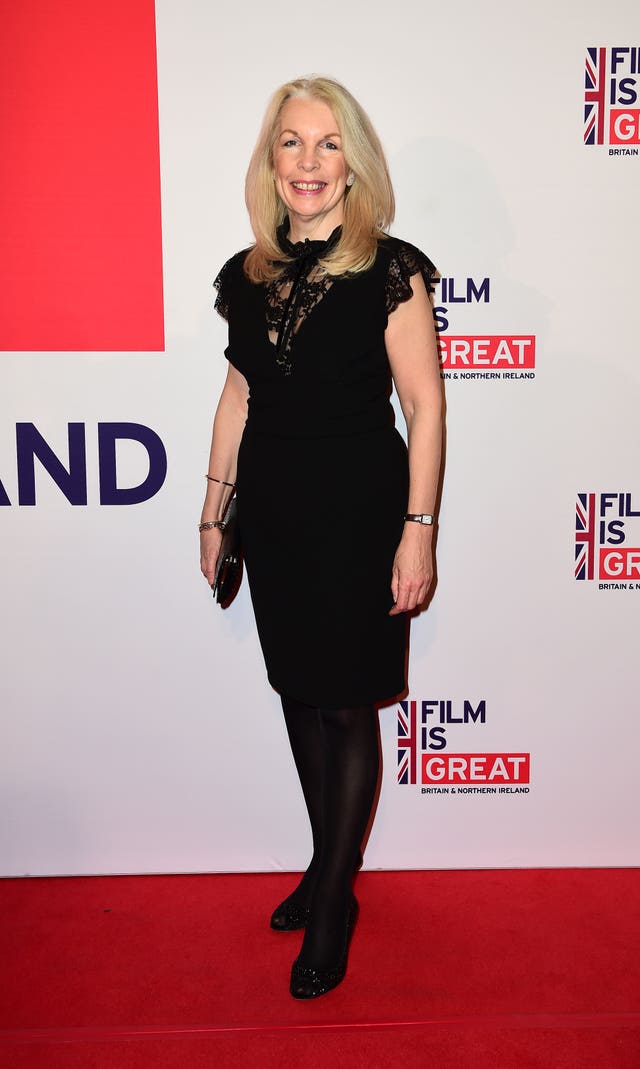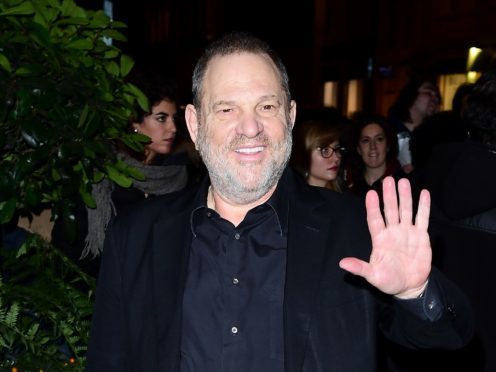A new set of principles and guidelines aimed at tackling harassment and bullying in the film, television and games industry have been published by the British Film Institute.
The guidance, which is backed by actresses including Emma Watson, Gemma Arterton and Jodie Whittaker and developed in partnership with Bafta, is a response to the sexual harassment scandal that has rocked the entertainment industry following a string of allegations made against producer Harvey Weinstein.
A set of eight principles have been developed in consultation with unions including Equity and industry member bodies and agencies such as Women in Film & TV, Writers’ Guild of Great Britain and UK Screen Alliance, as well as employees and freelancers working across all aspects of the industry.
The principles outline a shared responsibility to respect others, adopt a zero-tolerance approach to bullying and harassment, adhere to the laws around equality and health and safety, protect victims and witnesses, respect confidentiality, ensure that rigorous processes are in place for reporting and underline the value of inclusivity.

They will be incorporated into the BFI’s Diversity Standards, which will become part of the eligibility criteria for the British categories at the Bafta Film Awards in 2019.
All projects seeking BFI funding will be expected to sign up to the principles and adopt a zero-tolerance approach to breaches.
Actresses including Rose McGowan, Gwyneth Paltrow, Angelina Jolie, Salma Hayek and Uma Thurman have made allegations of harassment or assault against Weinstein.

Other industry figures accused of sexual misconduct include Kevin Spacey, Brett Ratner and James Toback.
Harry Potter star Watson has shown her support for the guidelines, saying: “Led by the BFI and Bafta, the industry has come together to agree these principles and guidance – developed by people who understand the subtleties of the hierarchy on a film set and what it’s like to work strange, unsociable hours.
“I hope these principles become second nature for everyone; they are not just about protecting individuals but are also an important step in embracing a greater diversity of voices – and eventually having an entertainment industry that actually represents the world we live in.”
The actress has also created a video to outline the new principles and the specific measures which will now be recommended, including appointing two designated workers on and off set to be trained to handle issues and allegations, ensure workers understand their rights and know how to seek help and support.
They will encourage and support witnesses to speak up and outline how to report criminal activity.
From April there will also be a new free-of-charge film and TV support line from the Cinema and Television Benevolent Fund for anyone working in the film and TV industry.
Amanda Nevill, CEO of the BFI, said: “The collective determination of so many of us, individuals and organisations, to make changes to create a better safer working environment for everyone working in the screen industries has been extraordinary.

“It speaks volumes about the positivity at the heart of our industry, and I thank our many partners for their commitment, their invaluable expertise and the urgency they brought to this process to address this critical issue.
“This clear and simple guidance is for all, and in also becoming part of our Diversity Standards – which we strongly encourage all sections of the industry to adopt – it is an important step in becoming the industry I believe we all truly aspire to be: inclusive, fair, open and offering opportunity equally to everyone.”
The guidance will be reviewed every six months to ensure it is fit for purpose and is positively addressing the needs of the industry, the BFI said.
